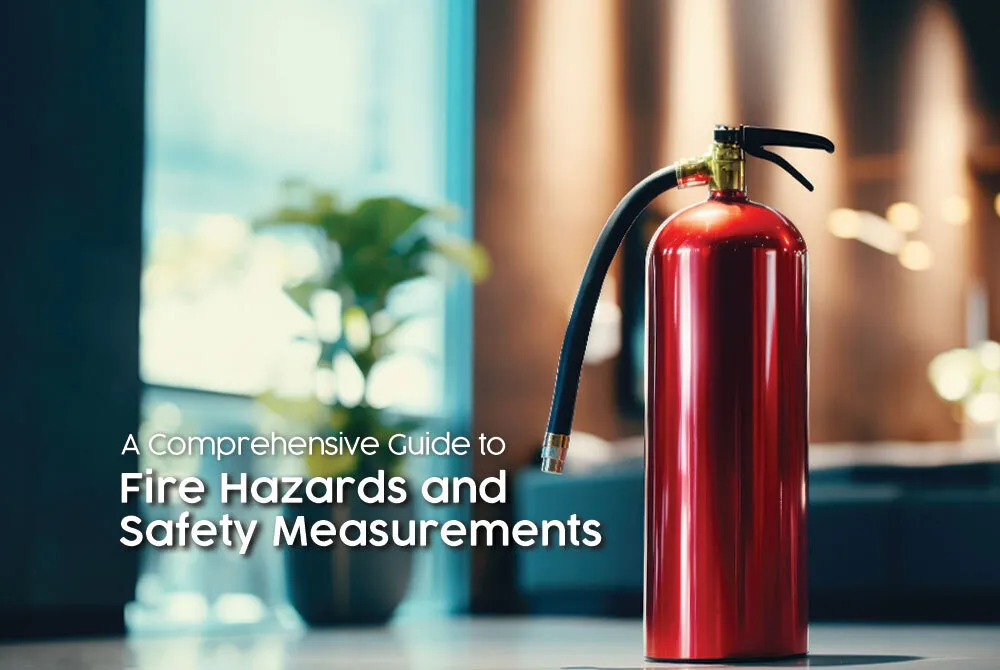
Fire is an immensely powerful force that, if not handled with utmost care, can lead to catastrophic outcomes. Whether it is jeopardizing human lives or inflicting severe harm to properties, fires present substantial dangers in both domestic and business environments. Nevertheless, by acquiring the appropriate knowledge and implementing preventive measures, individuals and organizations can diminish these hazards and guarantee the safety of all. Within this all-inclusive manual, we will delve into the significance of fire safety, prevalent fire risks, and effective measures to reduce the likelihood of fires occurring.
Understanding Fire Hazards
Before exploring fire safety measures, it is crucial to have a comprehensive understanding of the different factors that can lead to fire hazards. Typical fire hazards consist of:
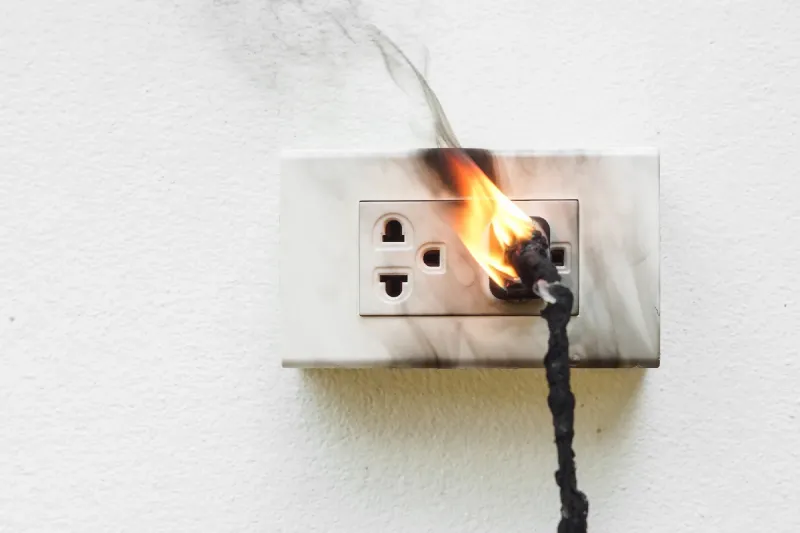
Electrical Malfunctions: Faulty wiring, overloaded circuits, and damaged electrical appliances can all spark electrical fires.
Cooking Equipment: Unattended cooking, grease buildup, and malfunctioning appliances are frequent culprits of kitchen fires.
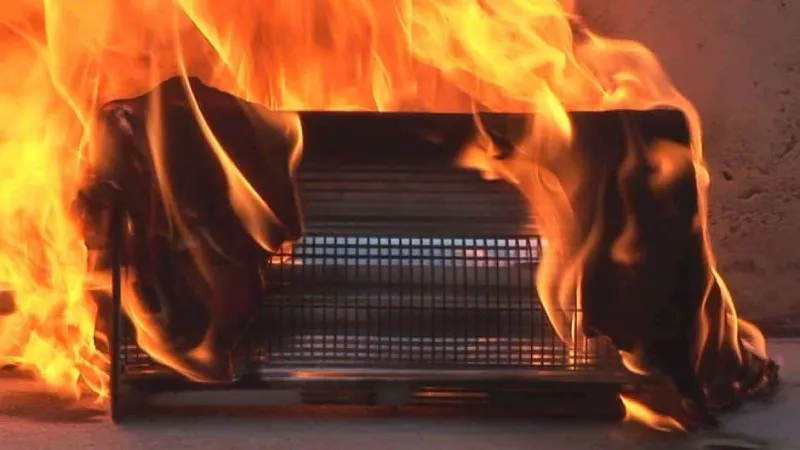
Heating Systems: Improperly maintained furnaces, heaters, and chimneys can ignite fires if not serviced regularly.
Smoking Materials: Carelessly discarded cigarettes and matches can ignite fires, especially in areas with combustible materials.
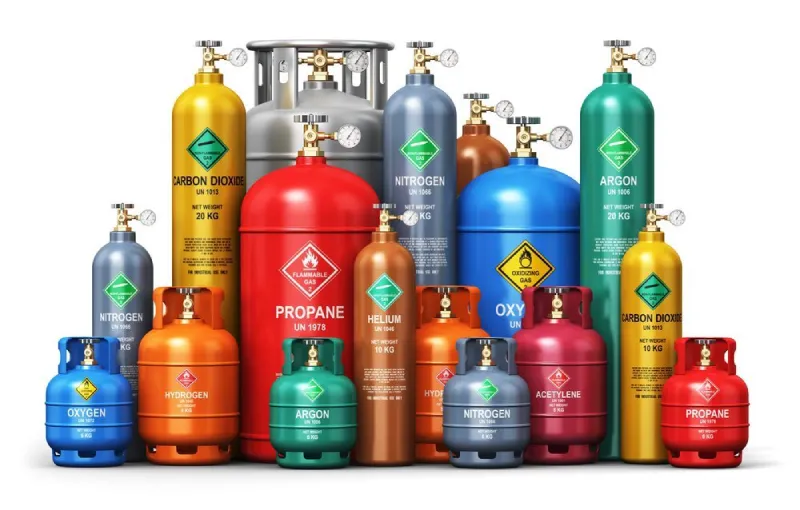
Flammable Liquids and Gases: Improper storage or handling of flammable substances such as gasoline, propane, and solvents can lead to explosions and fires.
Combustible Materials: Items like paper, fabric, and wood are highly flammable and can accelerate the spread of fires if not stored appropriately.
Importance of Fire Safety
Fire safety is of utmost importance when it comes to safeguarding lives, property, and the environment. Here are a few significant factors that highlight the need to prioritize fire safety:
Life Preservation: Fire safety measures aim to reduce the risk of fires and ensure quick evacuation during emergencies in order to prevent injuries and save lives.
Property Protection: Fire safety practices are essential in protecting residences, commercial establishments, and valuable possessions from the devastating consequences of fires. By implementing these practices, individuals can minimize both financial setbacks and emotional turmoil.
Business Continuity: Implementing fire safety measures in businesses is crucial for maintaining uninterrupted operations and adhering to regulatory obligations. By effectively preventing fire-related disruptions, businesses can ensure the continuity of their operations and meet the necessary compliance standards.
Community Well-being: Strong fire safety practices have a positive impact on the entire community as they promote resilience, alleviate the strain on emergency services, and safeguard critical infrastructure.
Environmental Conservation: Preventing fires helps reduce the emission of harmful pollutants into the environment, leading to a decrease in environmental damage and the promotion of sustainability.
Practical Fire Safety Measures
In order to reduce the risk of fires and enhance safety, it is recommended that both individuals and organizations adopt the subsequent practical steps:
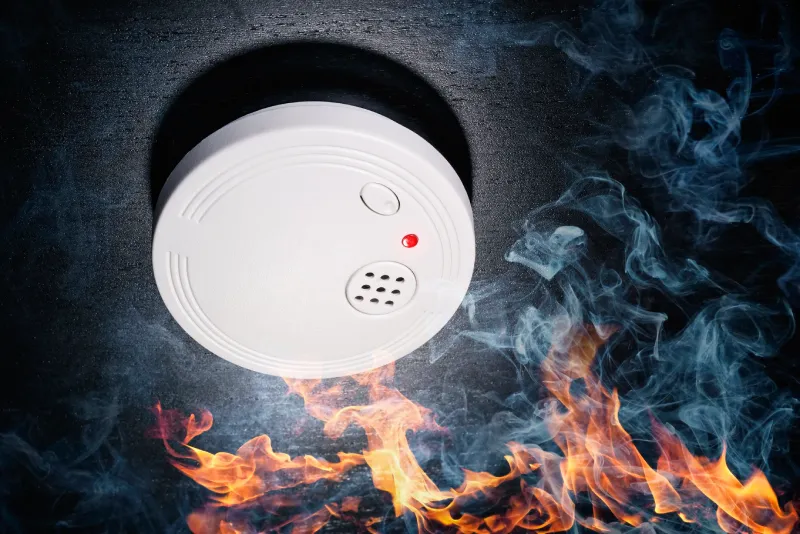
Install Smoke Alarms: It is important to have smoke alarms installed on each floor of your residence or commercial establishment, and it is crucial to routinely test them to ensure their functionality.
Develop an Evacuation Plan: Develop and rehearse a fire evacuation strategy that includes well-defined escape routes and designated gathering areas. Guarantee that all individuals within the premises are acquainted with the plan and possess the knowledge to evacuate securely.
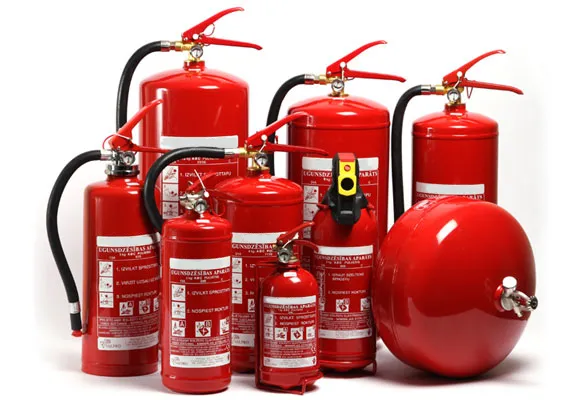
Invest in Fire Extinguishers: Ensure that fire extinguishers are strategically placed in important locations such as the kitchen, garage, and in close proximity to heating appliances. Educate individuals on the proper and efficient usage of extinguishers in the event of minor fires.
Maintain Electrical Systems: Regularly schedule inspections of electrical systems, promptly address any issues that arise, and refrain from overloading outlets or utilizing damaged cords.
Practice Safe Cooking Habits: It is crucial to remain watchful while preparing meals, refrain from leaving the cooking unattended, ensure that flammable materials are kept at a safe distance from heat sources, and regularly clean cooking equipment to prevent the accumulation of grease.
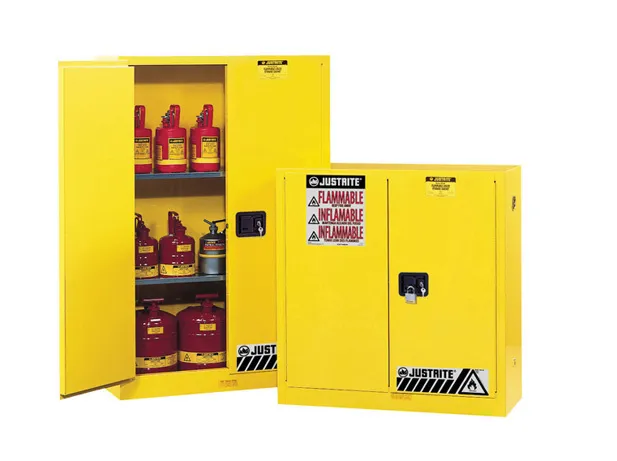
Proper Storage of Flammable Materials: Store combustible liquids and gases in designated containers, keeping them at a safe distance from potential ignition sources, and adhere to appropriate handling protocols in order to reduce the likelihood of spills or leaks.
Educate and Train: Deliver fire safety instruction to individuals residing in households, employees, and tenants, encompassing subjects like fire prevention, evacuation protocols, and the appropriate utilization of fire safety apparatus..
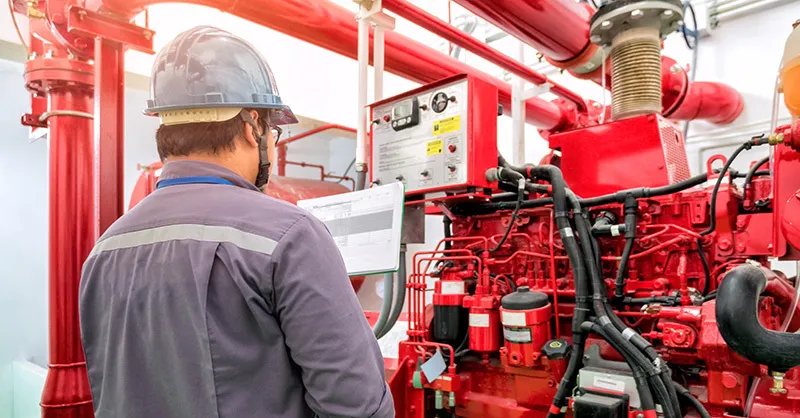
Maintain Fire Suppression Systems: If necessary, make sure that fire suppression systems like sprinklers are correctly installed, routinely examined, and kept up in accordance with the manufacturer’s guidelines.
Secure Smoking Areas: To minimize the potential for accidental fires, it is advisable to designate smoking zones that are located at a distance from buildings. Additionally, it is important to ensure the availability of appropriate receptacles for the disposal of cigarette butts.
Monitor Fire Risks: Stay updated on the current fire conditions in your area, as well as the weather forecasts and any fire bans that may be in effect. It is crucial to take necessary measures to reduce fire risks during times of increased danger.
To summarize, fire safety plays a crucial role in safeguarding lives, property, and the environment against the destructive consequences of fires. By comprehending typical fire hazards, adopting preventive measures, and advocating for fire safety practices, both individuals and organizations can effectively decrease the likelihood of fires and mitigate their consequences. It is important to bear in mind that fire safety is a collective responsibility, and taking proactive measures can have a significant impact on averting disasters and ensuring the welfare of communities. Remain watchful, stay prepared, and give utmost importance to fire safety in every facet of life.